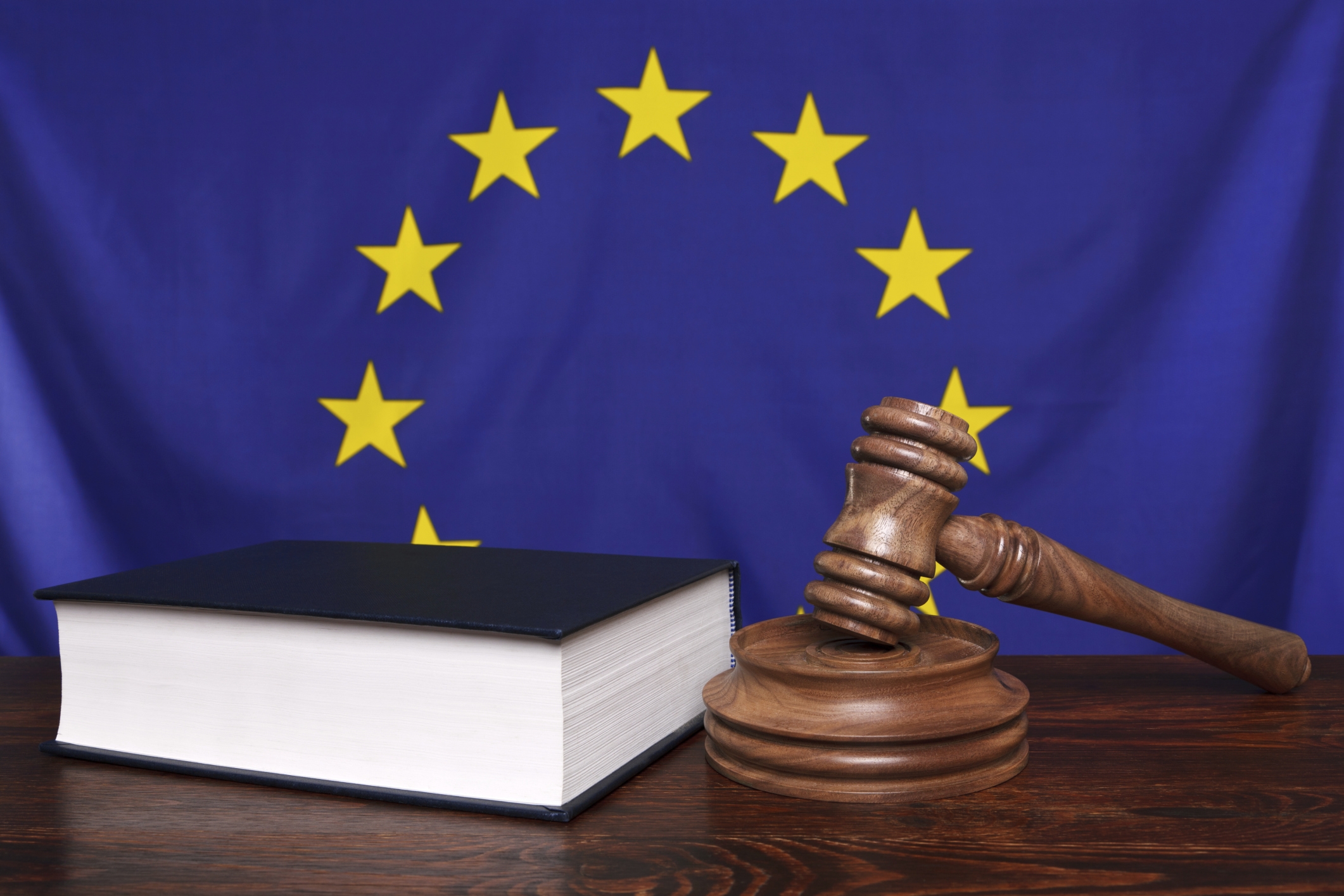On 12 September 2018, the European Parliament voted on the much debated copyright directive – and this time around it was adopted. With the massive amount of criticism, one question comes to mind; what is the fuss all about?
According to the European Parliament’s own press release following the adoption of the directive, the most relevant changes to be implemented according to the copyright directive are:
- Tech giants must pay for the work of artists and journalists which they use;
- Small and micro platforms are excluded from the directive’s scope;
- Hyperlinks accompanied by ‘individual words’ can be shared freely;
- Journalists must get a share of any copyright related remuneration obtained by their publishing house.
In addition, it is also worth mentioning the following changes:
- A new protection for sport event organisers (Article 12 A in the proposed text of the directive)
- The establishment of a EU copyright deposit regarding electronic published material of relevance for the EU (Article 10 A in the proposed text of the directive).
This does not seem like very controversial changes, but despite this the copyright directive has been called the ’Internet killer‘, ’catastrophic‘ and various similar names by its critics.
The reason for this is that so far the internet platforms have not been liable for the content that users have been uploading themselves. With the new directive, platforms actively organising and promoting content (e.g. music or other copyrighted material) are liable and need to have permission from the copyright holders and must pay them for using their content.
In particular, it is articles 11 and 13 in the directive which have been subjected to severe criticism.
Article 11 – or what the critics call ’link tax’
Article 11 concerns press publications and deals with links to, or copies of, press publications. The article stipulates that right holders shall be able to obtain a fair and proportionate remuneration for the digital use of their press publications from the platforms (e.g. Google, Facebook etc.).
As the right holders to press publications most often will be the publishers, there is also a paragraph incorporated ensuring that the publishing houses will remunerate the actual authors; i.e. the journalists.
Merely sharing hyperlinks to articles, accompanied by ‘individual words’ to describe them, can be done freely.
Article 13 – or what the critics call ’the upload filter’
Article 13 regards the use of protected content – for instance pictures, music, code and videos -uploaded by others than the right holder to online content sharing service providers which stores and gives access to large amounts of works; in other words the platforms use of protected content.
With Article 13, the platforms need to enter into licensing agreements with right holders regarding the use of the protected content. This will probably be done through a compulsory licensing system as we know from other areas use of intellectual property protected material.
If it is not possible to enter into licensing agreements with the right holders; the platforms and the right holders must cooperate in order to ensure that unauthorised protected works are not available on their platforms.
Article 13 therefore requires the platforms to proactively work with right holders to stop users from uploading copyrighted content. This will require scanning of all material being uploaded to platform sites like YouTube or Facebook.
Small and micro platforms will not be subject to Article 13. The same goes for Wikipedia and other open source platforms.
The wording of the final directive will now be negotiated between the European Parliament, the European Commission and the Council of the European Union. The final vote should take place in January 2019.
To conclude, in my opinion there is no reason to fear the copyright directive. There might be some costs involved for the platforms in connection with the establishment of security measures for securing that protected content is dealt with in the right manner, but this will be more than compensated by the financial motivation to do so.





